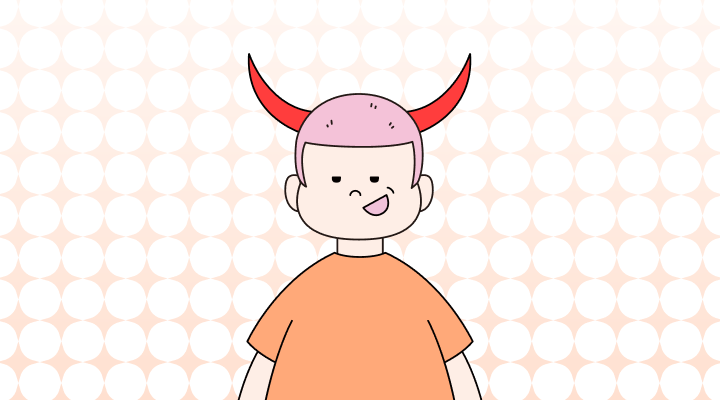An antagonist is someone or something that opposes the main character or protagonist in a story. They create conflict and obstacles for the protagonist to overcome, making the story more interesting. In real life, an antagonist can be a person who disagrees with you or opposes your beliefs.
When to use it
The word "antagonist" is often used to describe a person or a thing that is in opposition or conflict with another person or thing. In literature, an antagonist is often a character who actively opposes the protagonist or main character. For example, in the famous story of "Romeo and Juliet," Tybalt is the antagonist who opposes Romeo's love for Juliet and creates obstacles for them.
In medicine, an antagonist is a drug or substance that blocks the effects of another drug or substance. For example, naloxone is an opioid antagonist medication used to reverse the effects of opioid overdose.
In everyday life, an antagonist can also refer to a person who is intentionally causing difficulty or conflict. For example, a coworker who undermines your work or a neighbor who intentionally disturbs your peace may be considered an antagonist.
Example sentences
- The antagonist in the movie was a deceitful businessman.
- The book's antagonist was a ruthless dictator.
- The main antagonist in the video game was a powerful warlord.
- The antagonist in the story was a jealous ex-lover.
- The antagonist in the play was a conniving lawyer.
- The villainous antagonist was determined to stop the hero from achieving his goal.
- The antagonist's actions caused conflict and tension throughout the story.
- Despite the protagonist's efforts, the antagonist remained at large and continued to wreak havoc.
- The author developed the antagonist's character to be complex and intriguing.
- The antagonist's motives were gradually revealed throughout the story, adding depth to the plot.
Having trouble with English?
Engram’s AI-powered grammar checker makes your English sound like a native speaker’s, suggesting natural English expressions on top of fixing grammar, spelling, punctuation, word order, and vocabulary.

Reference:




https://www.masterclass.com/articles/the-main-types-of-antagonists















